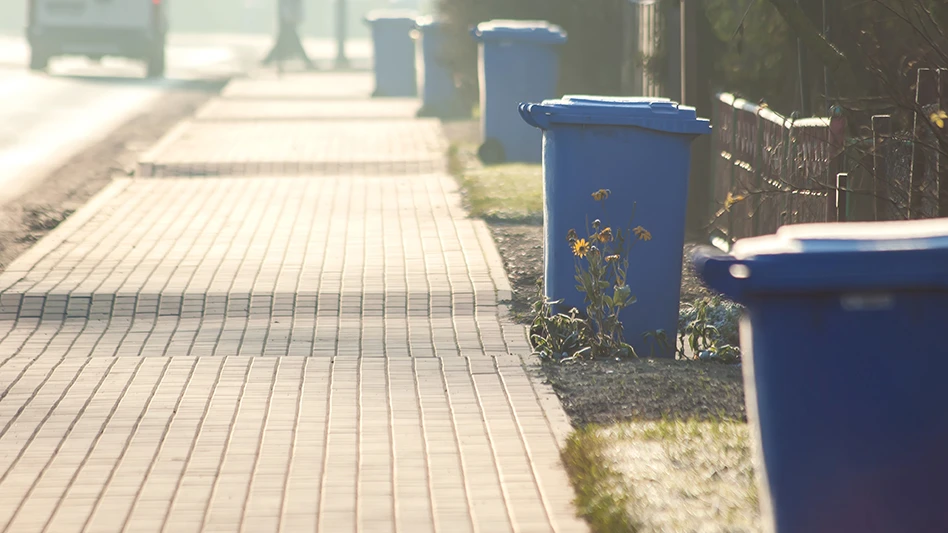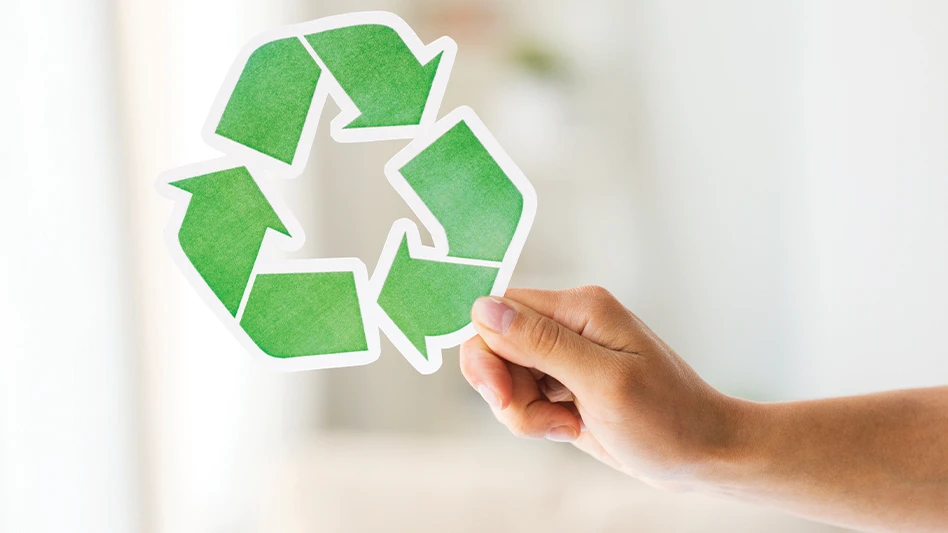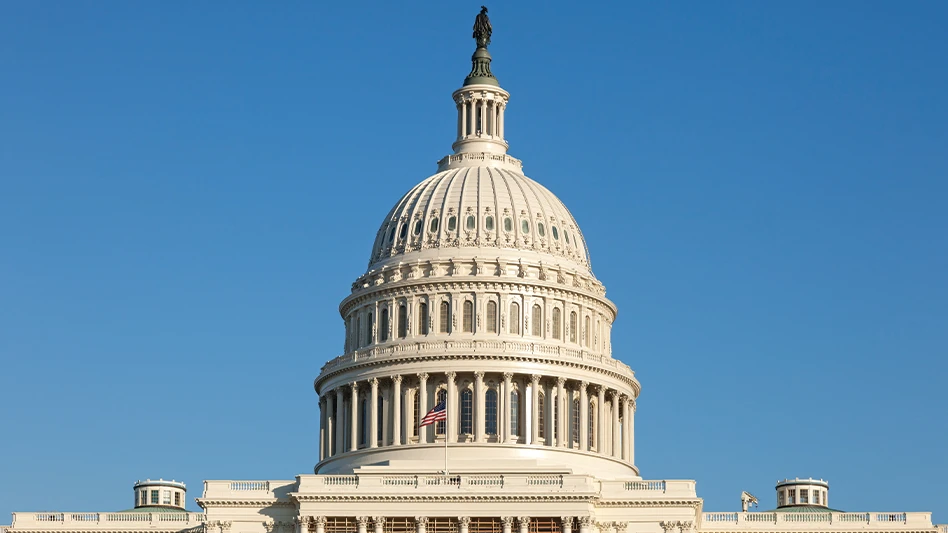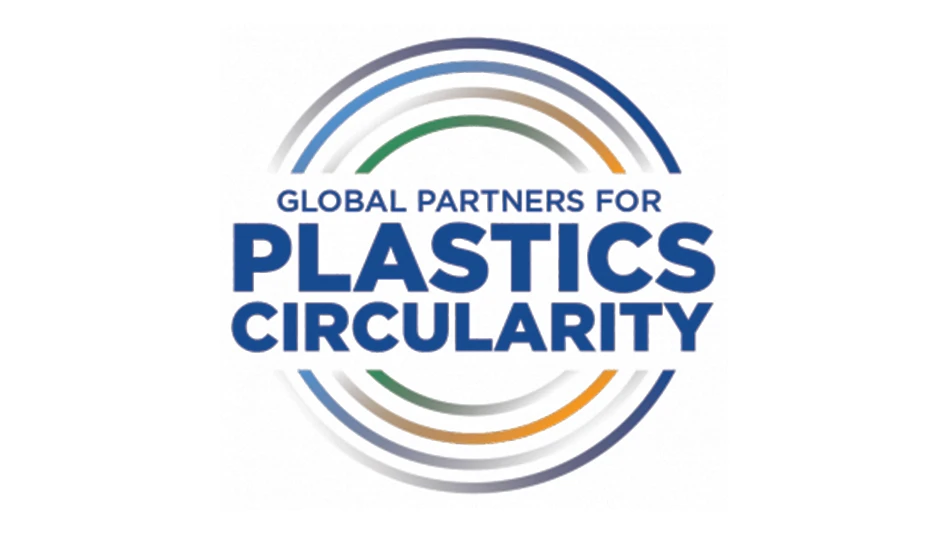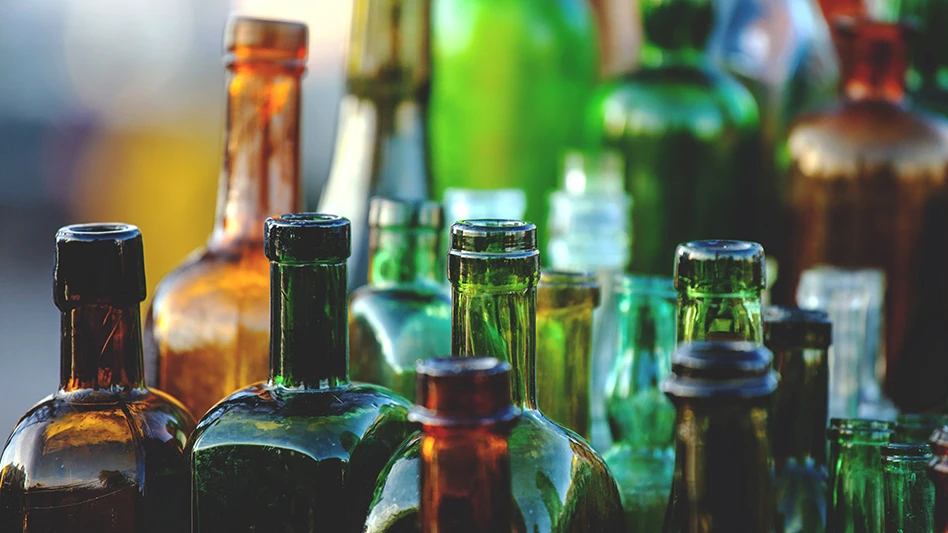
Sergey | stock.adobe.com
The New York State Department of Environmental Conservation (DEC) has announced a statewide multiagency effort to help prevent returnable container schemes related to the state’s Returnable Container Act, known as the Bottle Bill.
DEC says this effort will help uncover practices that prevent bottles and cans without deposits from being redeemed, thus reducing funds that support environmental and state initiatives.
"This newly launched effort will help foster coordination among state and local partners across the many jurisdictions included in Bottle Bill enforcement to help recoup lost revenue, hold violators accountable and eliminate the competitive disadvantage experienced by companies that play by the rules,” DEC Commissioner Basil Seggos says.
DEC says this effort will bring together multiple state agencies, including law enforcement, the Department of Taxation and Finance (DTF), the Department of Agriculture and Markets and the State Liquor Authority to collect and interpret data, audit records, inspect counting equipment, investigate complaints and prosecute fraudulent activities.
According to DEC, New York's Bottle Bill is one of the state's most successful recycling programs. The organization says the program improves litter control, provides relief to overburdened municipal recycling systems and increases beverage container recycling in New York. Recyclables collected through this program are returned for the manufacturing of containers and other commodities. The law requires a deposit of 5 cents on containers for carbonated soft drinks, beer and other malt beverages, mineral water, soda water, wine and water that doesn't contain sugar. A deposit is required on glass, metal and plastic containers that hold less than 1 gallon.
DEC says the Bottle Bill captures an average of 5 billion beverage containers each year, with 250,000 tons of plastic, glass and aluminum recycled. Since the law went into effect, redemption rates averaged 65 percent, and beverage container litter was reduced by 70 percent. Since the Bottle Bill was amended in 2009, 4 cents of each unredeemed nickel are remitted to DTF, generating approximately $117 million in revenue for New York state in 2022. DEC says $23 million of these funds go to the state's Environmental Protection Fund.
DEC estimates the impact of fraud and underreporting is hundreds of millions of dollars.
DEC has prosecuted redemption container fraud cases in the past, including a 2018 investigation of North Bergen Beverage that revealed sales of beverage containers without initiating deposits, depriving the state of an estimated $4 million.
Bottle Bill fraud can take many forms, DEC says, such as transshipping of filled beverage containers from nondeposit states; the fraudulent redemption of empty beverage containers from other states and double redemption schemes; reverse vending machine tampering; and deposit initiators not registering with DTF and under-reporting or failing to report sales. DEC says it hopes this process will reveal areas where laws, regulations, policies and procedures can be modified to strengthen the state's ability to prevent fraud.
On Monday, Oct. 23, the New York State Senate and Assembly Committees on Environmental Conservation held a joint public hearing to examine legislative solutions to update and increase the effectiveness of the Bottle Bill, including expanding the list of covered containers.
Latest from Recycling Today
- WM completes $40M automation project at Philadelphia MRF
- Speira commissions new furnace in Germany
- ABB report portrays paper sector circularity, emissions reduction
- RMDAS and Davis Index numbers portray stalled ferrous market
- Attero adds NGO veteran to its board
- AMCS launches the AMCS Platform Winter 2024
- Cirba Solutions celebrates construction milestone at Ohio plant
- Study outlines plan to transition US plastic packaging, textiles to circular systems by 2040
